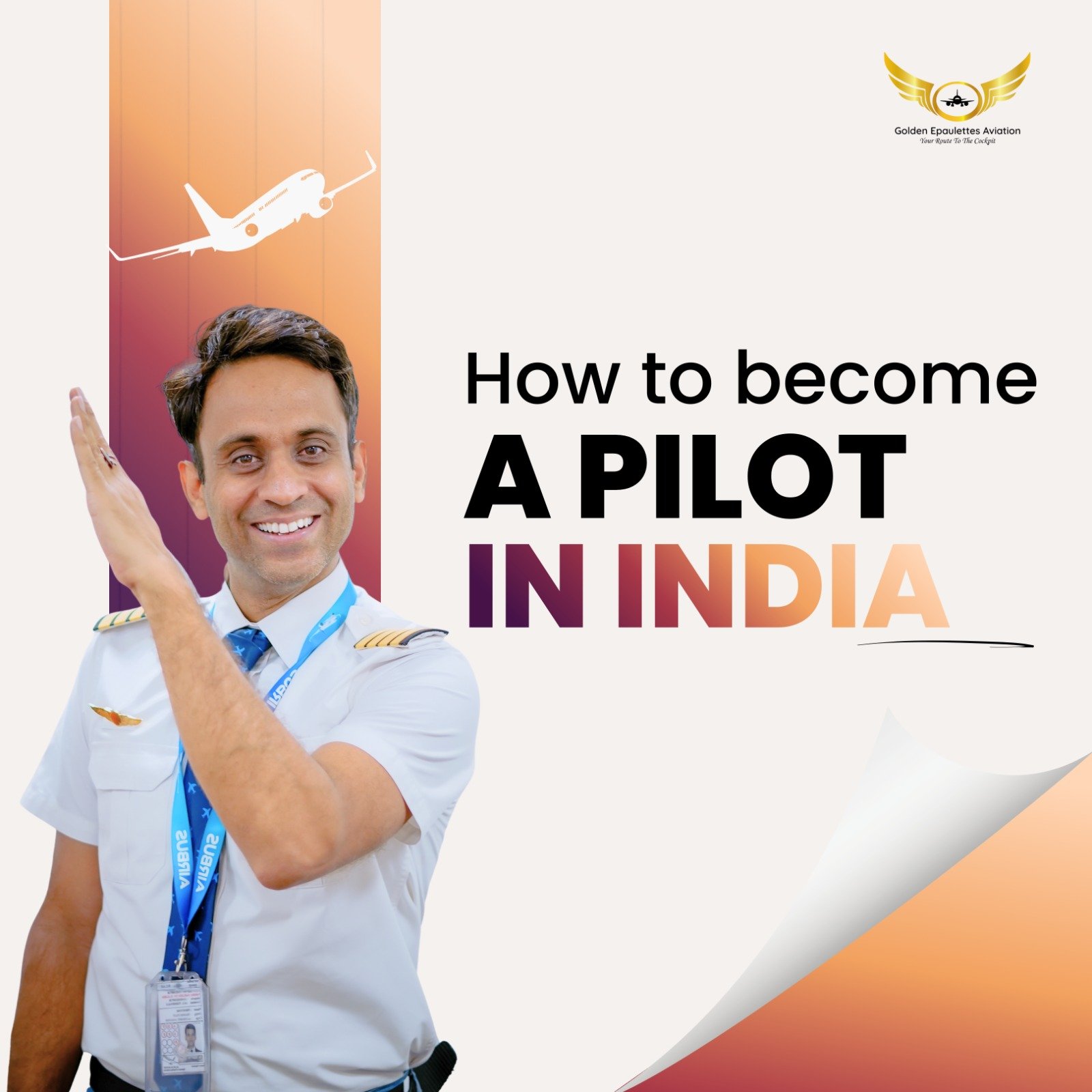Pilot Career in India After 10th: How to Get Started
Content will be added soon
 Menu
Menu
Pilot Programs
This article will provide an overview of the role of a pilot after 10th in India, including the responsibilities and duties involved, the qualifications and experience required, and the benefits of the job. Reference
Capt. Deval Soni
Author

Thank you! Our team will contact you shortly on WhatsApp.